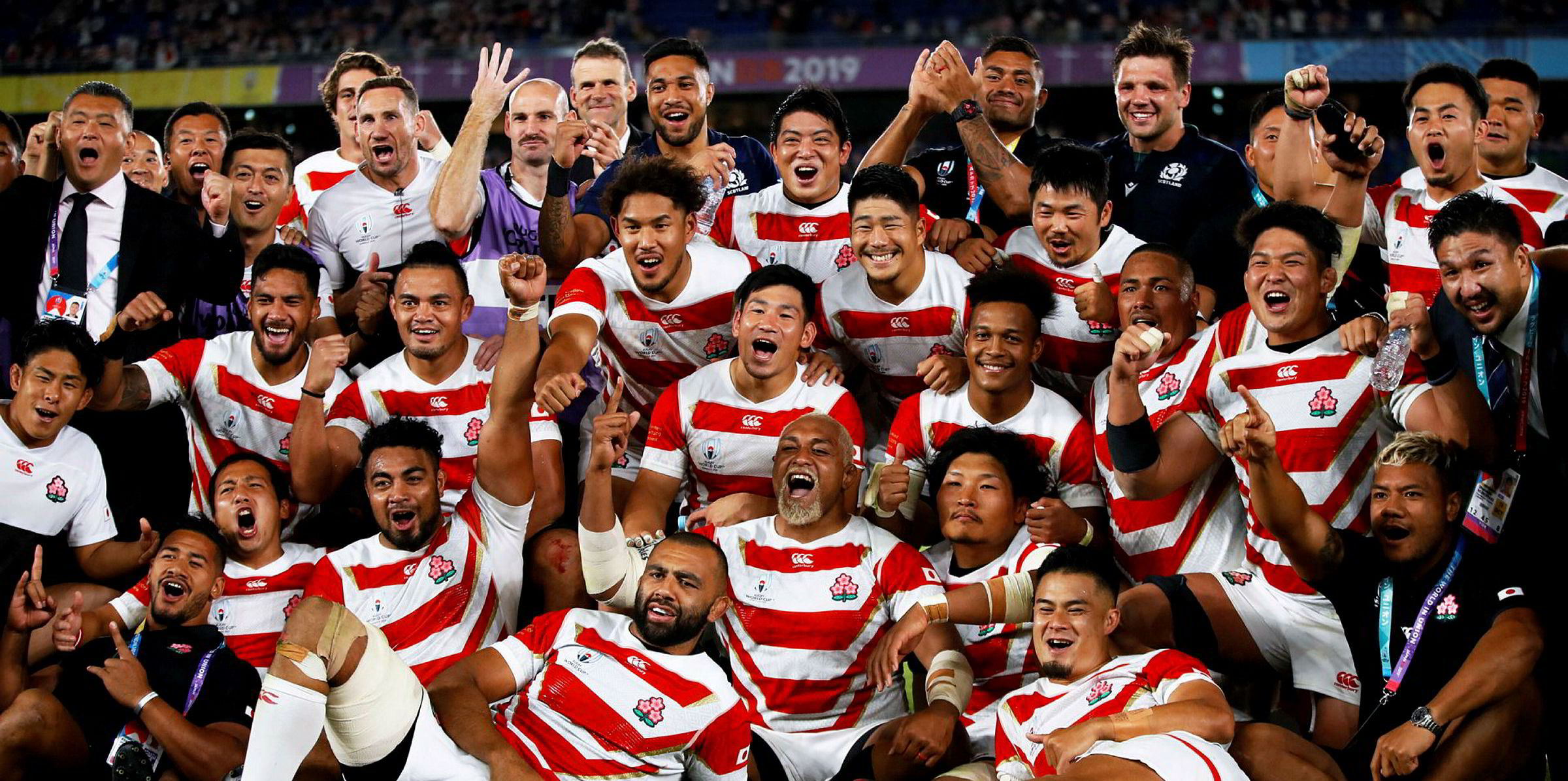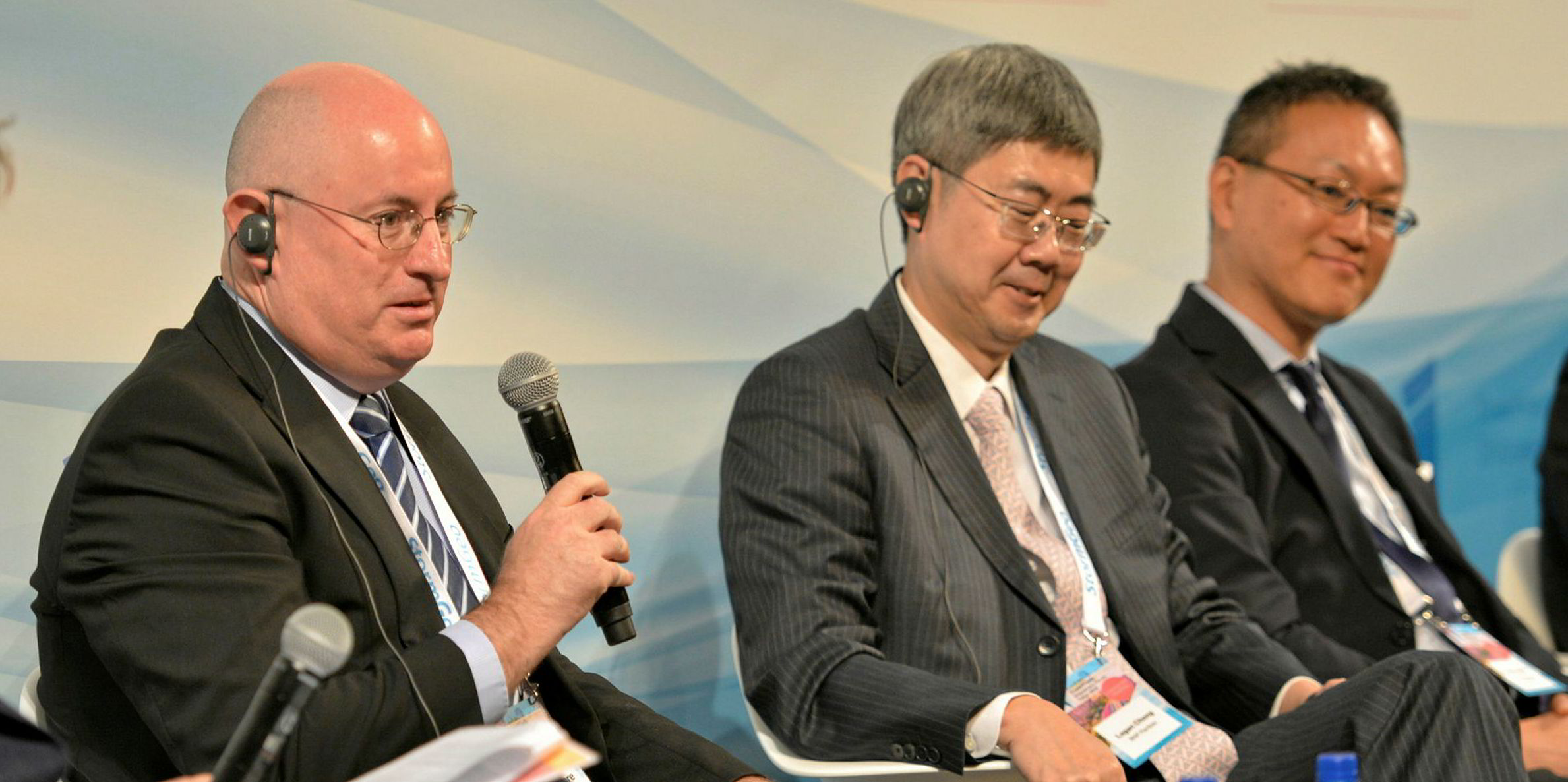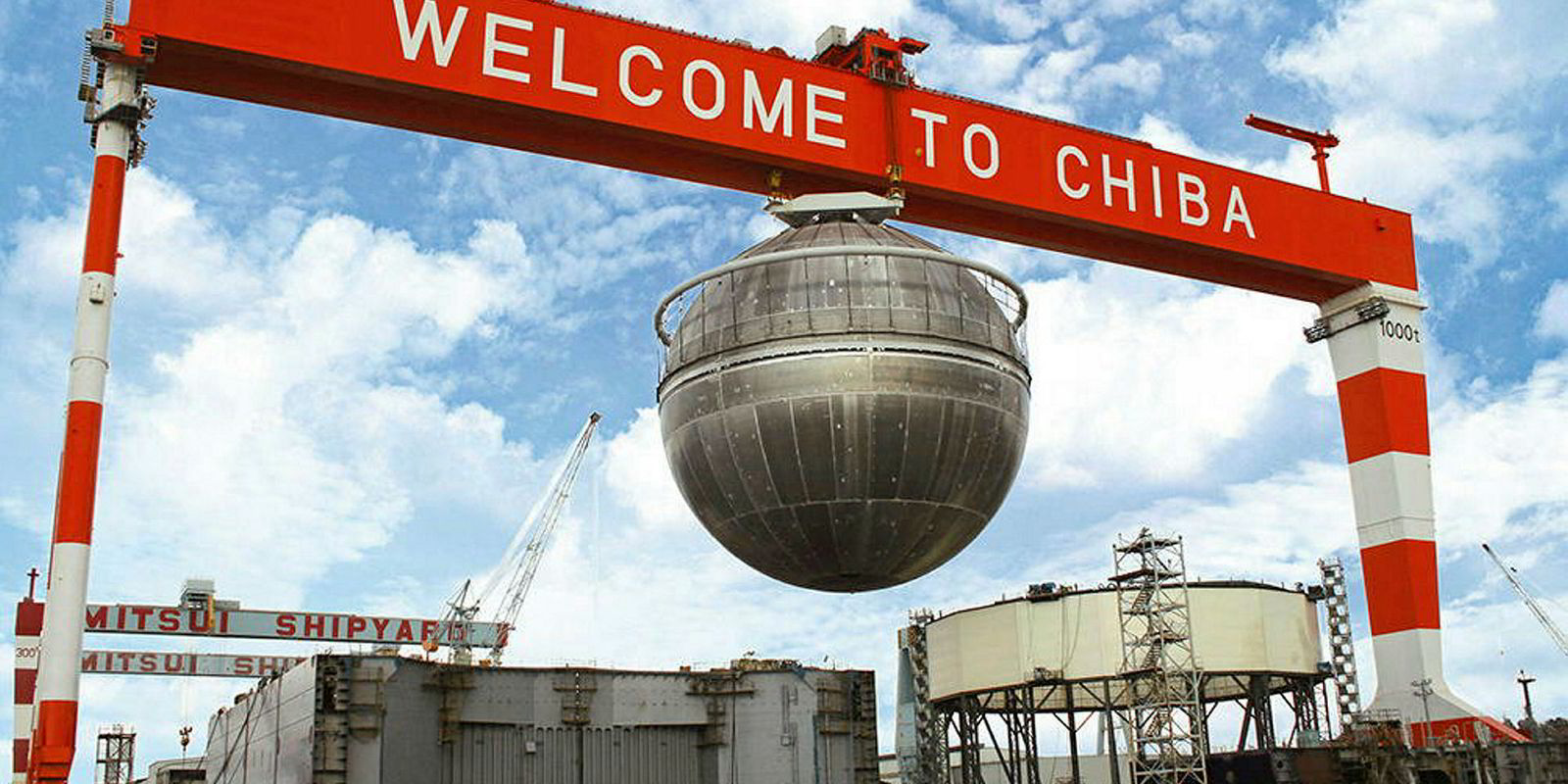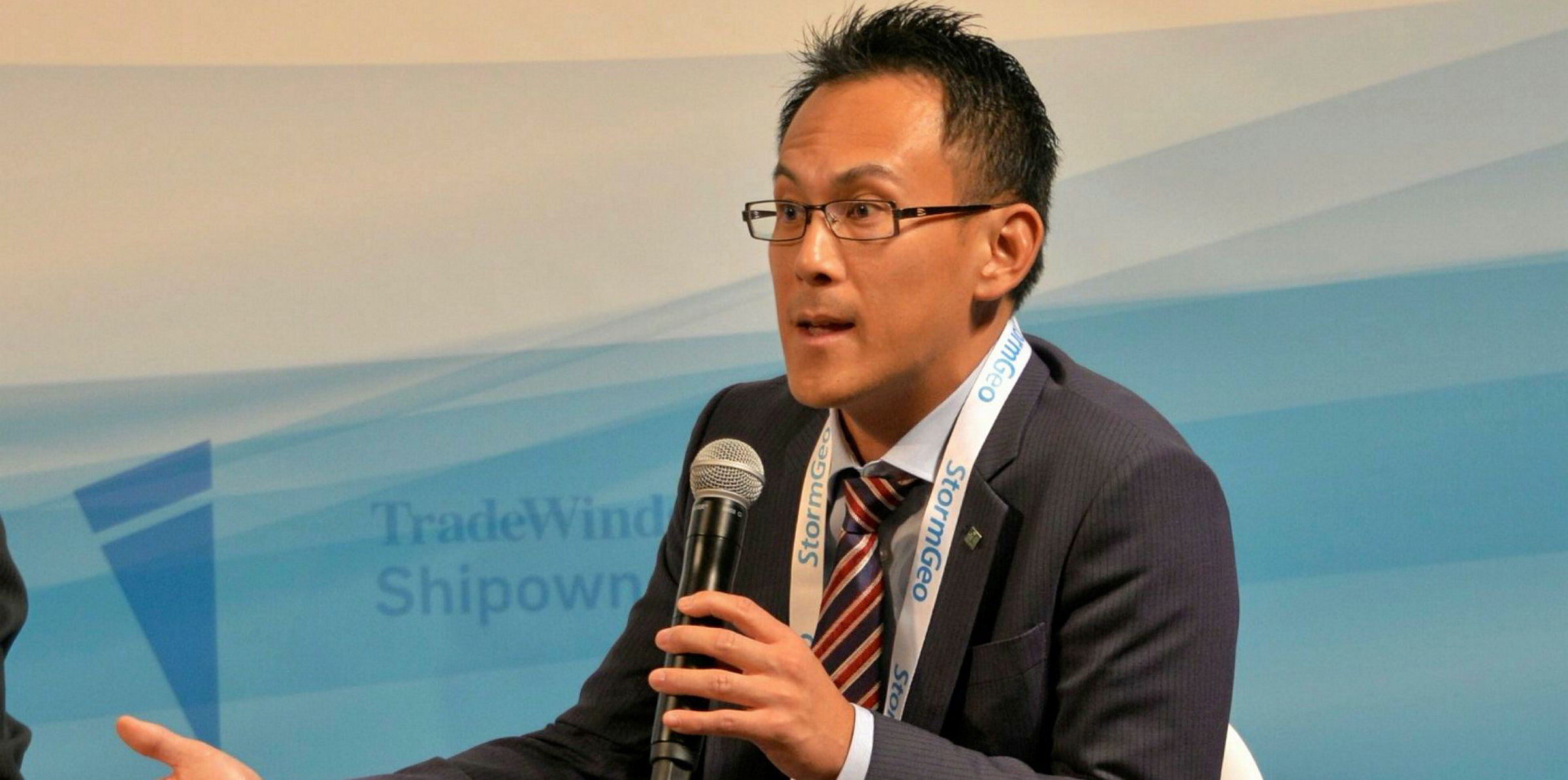Japan has proven an unusually popular destination over the past couple of months for European shipping people.
While the allure of the deal making with Japan’s big shipowners and shipbuilders amid the beauty of the autumn colours in that enchanting country is always an attraction, in reality there has been a more prosaic reason for the flood of activity, particular among the shipbroking elite: the Rugby Union World Cup.
Even a member of TradeWinds’ editorial team — and a dedicated rugby fan — made the long trip east to experience the event.
For those who don’t know the sport, this behaviour may sound a little bizarre. But to those from the British Isles, France, South Africa, Australia, New Zealand and a few other scattered nations with historic links, the Rugby World Cup is a big deal.
And among those other scattered countries, such as Italy, Argentina and the South Pacific island states, is Japan. As Asia’s leading rugby nation, it won the right to host the four-yearly tournament on the continent for the first time.
Japanese hospitality
Rugby fans worldwide appear to agree it was a great success, with Japanese hospitality complementing the country’s organisational talent. The only unfortunate interruption was the path of deadly Typhoon Hagibis.
Japan’s Brave Blossoms — as the team are nicknamed — won national honour for their flowing and hard-hitting play, which saw them go unbeaten in their pool to qualify for the quarter finals for the first time.
The team’s approach has been built on enhancing its domestic athletic strengths with insight imported from overseas, in particular by recruiting skilled coaching staff. By being open and responsive, they have built more than they could alone.
Rugby challenge
Japan’s maritime cluster faces the reverse challenge: rather than needing to grow from a position of weakness, it needs to adapt fast to defend its historic strengths.
Yet perhaps it can use the same approach as its rugby team.
The huge scope and strength in Japan’s legacy shipping companies, shipbuilders and service companies is widely acknowledged — even by insiders — to lack the streetwise skills to compete with nimble overseas rivals.
While this has been a refrain for the last decade, the urgency is increasing as the pace of forced change on the industry accelerates.
Japan’s big three shipowners — NYK Line, MOL and K Line — have had a tough time in the last year, as shown by a decline in value in their Tokyo-listed shares, with K Line’s value sliding by two-thirds before recovering more recently on the back of optimism over US-China trade talks.
Meanwhile, Japan’s shipbuilders are facing a severe crunch as their orderbooks start to run dry, with few signs of an upturn in sight. The announcement on 12 November of Mitsui Engineering & Shipbuilding’s decision to rundown its famous Chiba yard cast a sombre mood over shipbuilders who spoke at the TradeWinds Shipowners Forum in Tokyo.
As the world’s third-largest shipbuilding nation, Japan clearly still has a lot to give, as shown by the value shipowners place on their vessels in the secondhand market. The quality of those ships delivers value. But most cannot justify and are unwilling to pay the price premium for Japanese newbuildings.
Mergers of leading yard groups in South Korea and China will only heighten the competitive pressures, while consolidation of Japanese shipbuilders is proving a slow and painful process.
Need to adapt
Japan’s business community knows it must adapt and break out of its historic focus on domestic markets, which have been effectively closed to international competition. Japanese executives publicly acknowledge their ultra-conservative thinking has held them back in the past.
After all, Japan leads the world in the hardware and software technology required to shape shipping in the decades ahead. For example, the government’s maritime autonomous surface ship (MASS) project is making rapid progress, while the i-Shipping initiative is guiding shipbuilders to use information technology to enhance their products.
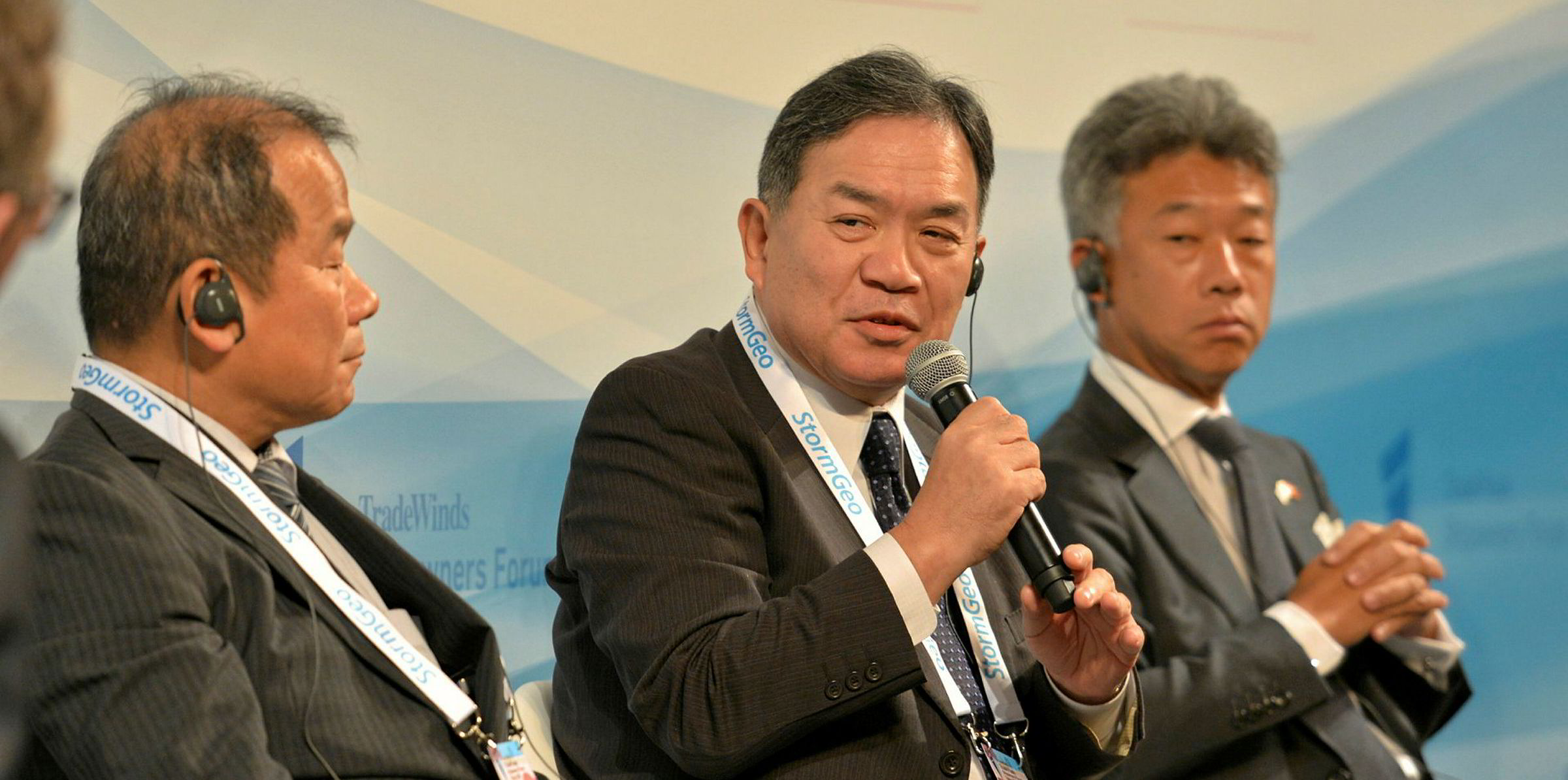
Cultural shifts on the scale required take time to take root, although both locals and foreign business partners acknowledge attitudes are starting to change. Gone are the days — and nights — of bonding over mammoth drinking and karaoke sessions.
Blending domestic Japanese strengths with insights and agility from overseas can be a constructive force for Japan’s maritime cluster. Perhaps the success of the Brave Blossoms can have a positive legacy as much for Japanese shipping as for its rugby.
